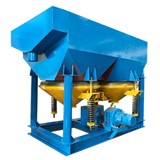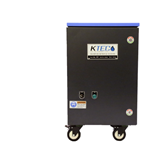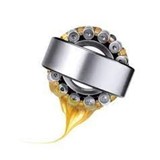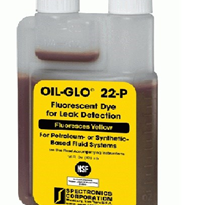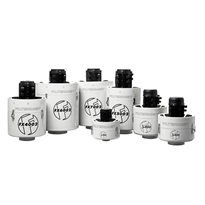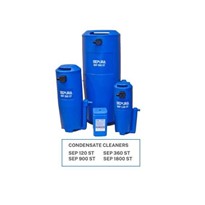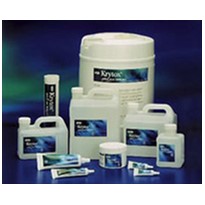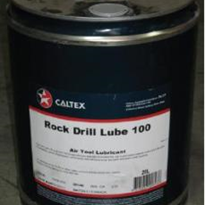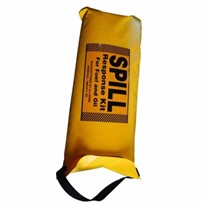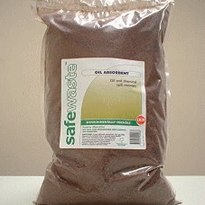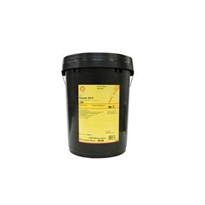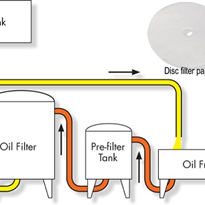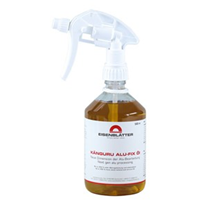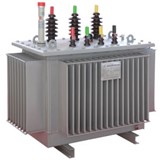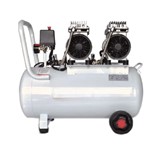Naphthennic Oil – Burns easily, having a flash point of around 160 deg. C. and emulsifies in water or steam. This type of oil evaporates and will retreat from metal bearing surface areas when subjected to heat.
This can lead to equipment break down. Most equipment breakdowns are caused, because Naphthennic Oil will "shear" easily, allowing metal surfaces to come into direct contact with each other and bind together.
Oil will shear when the oil molecules break down under stresses such as excessive heat. Naphthennic Oil contributes to creating excessive heat and hastens engine wear.
Parafinic Oils on the other hand, have a long chain molecular structure. Unlike Naphthennic Oils, when the molecular "chain" in Parafinic Oil breaks, it simply forms into smaller chains and so tends to maintain it’s lubrication.
Naphthennic Oil is relatively cheap to produce, and is in very plentiful supply World Wide, so this type of oil accounts for around 98% of the oils on the market. By-products of Naphthennic Oils include tar, CFC's, bitumen, acetone, carborundum, butane, hydrocarbons and plastics.
Imagine what is happening inside your motor with "nasties" like those just described in your common oils. Carborundum is what is placed on emery paper as the rough base for the cutting compound.
Over time, tar residues from the combustion process gums up the piston rings, which prevent the rings from expanding to follow the taper of worn cylinder barrels.
It is little wonder then, that engines wear out ahead of time, with the carborundum contributing to "Cylinder Taper", and tar, bitumen, and plastics binding the piston rings into the piston grooves preventing the piston rings from working efficiently.
Parafinic Oil - Is mainly used in Cosmetics, the manufacture of high grade plastics, and it is also used as a major source of Additives to fortify ordinary Naphthennic engine oils. Parafinic Oils are hard to burn, having a flash point of around 360 deg. C.
As has been explained already, Parafinic Oils greatly resist shearing, and they will not mix with water. Neither will Parafinic Oils emulsify or break down with either extreme heat or extreme cold. Parafinic Oils will not carbonise and they do not contain any waxy solids.
Additives - The modern vehicle engine is often a highly sophisticated piece of machinery. The lubrication in these motors is all too often stretched to the limit, placing enormous stresses on the engine's oils.
Only high quality oils with sufficient additives can withstand these stresses for any length of time. Many oils on the market today only have a lifespan of about 2000 to 3000 klms.
A cheap base stock of Naphthennic oil with a minimum quantity of cheap additives simply cannot last. The additives that have been put into the oil are either depleted or they get used up, and the oil breaks down with heat and condensation.
Carbon and sludge start forming, and it is only a matter of time before you have a noisy, worn out, smoky engine.
Bi-tron (Bitron) - This is not an additive, it is a superior metal treatment. Bi-tron (Bitron) does not contain any plastics, PTFE’s, resins, Teflon’s or heavy metals. It is simply a 30W oil that has been changed at the
Molecular Level so that it is attracted to heat and to metals, unlike ordinary oils which are repelled by heat from heated metal. Bi-tron (Bitron) has an extremely strong resistance to oil shear – stronger even than Parafinic Oils.
When you add Bi-tron (Bitron) to your motor, you will be doing your part toward creating a cleaner environment, because there are many things that Bi-tron (Bitron) will do, while it is working in your motor vehicle that ordinary oils cannot.
Bi-tron (Bitron) will remove carbon, tar and bitumous deposits from your piston rings, freeing the rings within the ring grooves so that they can do the job that they were created to do – that is, help maintain peak compressions and prevent oil from the sump by-passing the piston and entering into the combustion chamber.
Bi-tron (Bitron) will also maintain maximum lubrication on all metal engine parts preventing damaging "dry Starts" and protecting the motor from an expensive seizure in the accidental oil and/or coolant loss.
Important information about engine oil additives
Probably, the most important, yet least understood ingredient of most modern engine oils, are the additives that are included in the oil itself. Most oil additives fall into one or two main categories. One category of detergent type additive contain phosphorus, sulphur or chlorine derivatives and the other contains proportions of heavy oil.
Motor oils are only as good as the ingredients that go into their make-up. Many engine oils today use inferior quality additives or minimal amounts of costly additives to ensure their product is competitive with other ordinary engine oils.
These low cost/low performance additives cause the oil to deteriorate the moment they are called upon to operate in an engine.
Most engine oil additives use metal soaps to impart detergency to the oil, and to break up oil oxidation by-products, which form a grimy sludge in engine crankcases. However, these same detergent additives also form an acidic by-product, which in turn corrodes the engine parts. Corrosion of engine parts is caused by the acids formed during the process of oil oxidation and hydrocarbon combustion.
Ordinary oil additives
At present the major oil companies market their engine additives in a multitude of ways, but all of them fall into one of the following two categories. Their marketing people make up scientific sounding terms to describe what are basically detergent-type additives or heavy oil additives.
The first group containing phosphorous, sulphur or chlorine derivatives are detergents. These are successful up to a point. They do keep the crankcase free of gumming and carbon deposits by their detergent action, and thus improve engine performance to a degree. Unfortunately, they also form highly corrosive elements that in turn attack the internal engine metal parts, contributing to premature failure of pistons, valves and rings due to on-going acid formation.
The second group of engine oil additives are nothing more than the addition of a heavier grade of higher viscosity oil, which is included in the belief that a "heavy oil is a good thing". However, no scientific proof exists to substantiate such an unscientific second guess.



